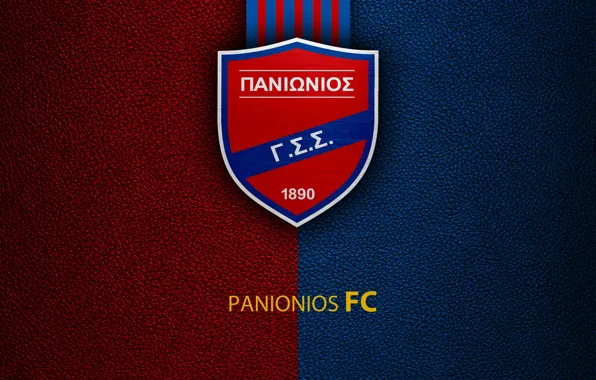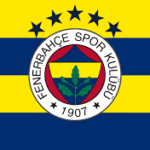Panionios FC, one of Greece’s oldest and most historically significant football clubs, carries a legacy that stretches back to 1890. Originally founded in Smyrna (modern-day Izmir, Turkey), the club was re-established in Nea Smyrni, Athens, following the Greco-Turkish population exchange in the 1920s. Through trials, triumphs, and transitions, Panionios has remained a proud institution, respected for its tradition, youth development, and cultural identity.
Despite not boasting the kèo nhà cái trophy-laden cabinets of Greece’s largest clubs, Panionios has played an essential role in shaping Greek football. The club is revered for producing top-level talent and maintaining fierce competitiveness throughout its long history.
Foundation and Cultural Roots
Founded as the Panionios Gymnastikos Syllogos Smyrnis in 1890, the club was originally part of the vibrant Greek community in Asia Minor. After the events of 1922, Panionios relocated to Athens and settled in Nea Smyrni, where it became a key sporting symbol for refugees and their descendants.
This deep connection to history and displacement gives Panionios a unique character. The club stands as more than a football team—it represents a community’s survival, memory, and contribution to modern Greek sport.
League Participation and Total Goals
Panionios FC has spent the vast majority of its existence competing in the top two tiers of Greek football. Over 50 seasons in the Greek top division, the club has played over 1,400 matches and scored more than 1,500 goals in league competition.
The team’s playing style traditionally emphasizes discipline, tactical awareness, and youth integration. While Panionios has rarely been the highest-scoring side, its efficiency and structured approach have led to notable results, including victories over major clubs and impressive league runs.
Major Achievements and Honors
Though Panionios has often been seen as an underdog, the club has still managed to claim significant silverware and accolades:
Greek Cup Winners – 2 times
- 1978–79, 1997–98: These triumphs were the high points of Panionios’ modern history, especially the 1998 final win over Panathinaikos, which sent shockwaves through the domestic scene.
Greek Cup Finalists – 4 times
- 1951–52, 1960–61, 1966–67, 1988–89: Narrowly missing out on more silverware, the club proved its consistency in knockout competitions.
Balkans Cup Winners – 1971
- A significant international honor, the Balkans Cup victory gave Panionios regional prestige and remains one of its proudest achievements.
Super League Top 4 Finishes – Multiple occasions
- Especially during the late 1990s and early 2000s, Panionios consistently challenged for European qualification spots, showing resilience and competitive spirit.
Contribution to Greek Football
Panionios is widely recognized for its youth academy, which has produced several national team players and stars who moved on to larger clubs and European leagues. Names like Takis Fyssas, Nikos Anastopoulos, and Sotiris Ninis began their careers at Panionios, illustrating the club’s crucial developmental role.
Despite financial and structural challenges in recent years, Panionios’ commitment to nurturing young talent and staying true to its roots remains unwavering.
Home Ground and Fanbase
The club’s historic home is the Nea Smyrni Stadium, a compact but atmospheric ground that has hosted countless classic matches. The fanbase, though smaller than Greece’s “big three,” is known for its loyalty and deep emotional connection to the club’s identity.
For many fans, supporting Panionios is about heritage, pride, and cultural memory—a passion that transcends wins and losses.
Conclusion
Panionios FC is not just another football club—it is a living monument to endurance, tradition, and community spirit in Greek football. With over 1,500 goals, multiple domestic and regional honors, and a legacy rooted in both triumph and survival, Panionios continues to inspire generations of fans and players.
As the club looks to the future, its storied past will always guide its path forward.


